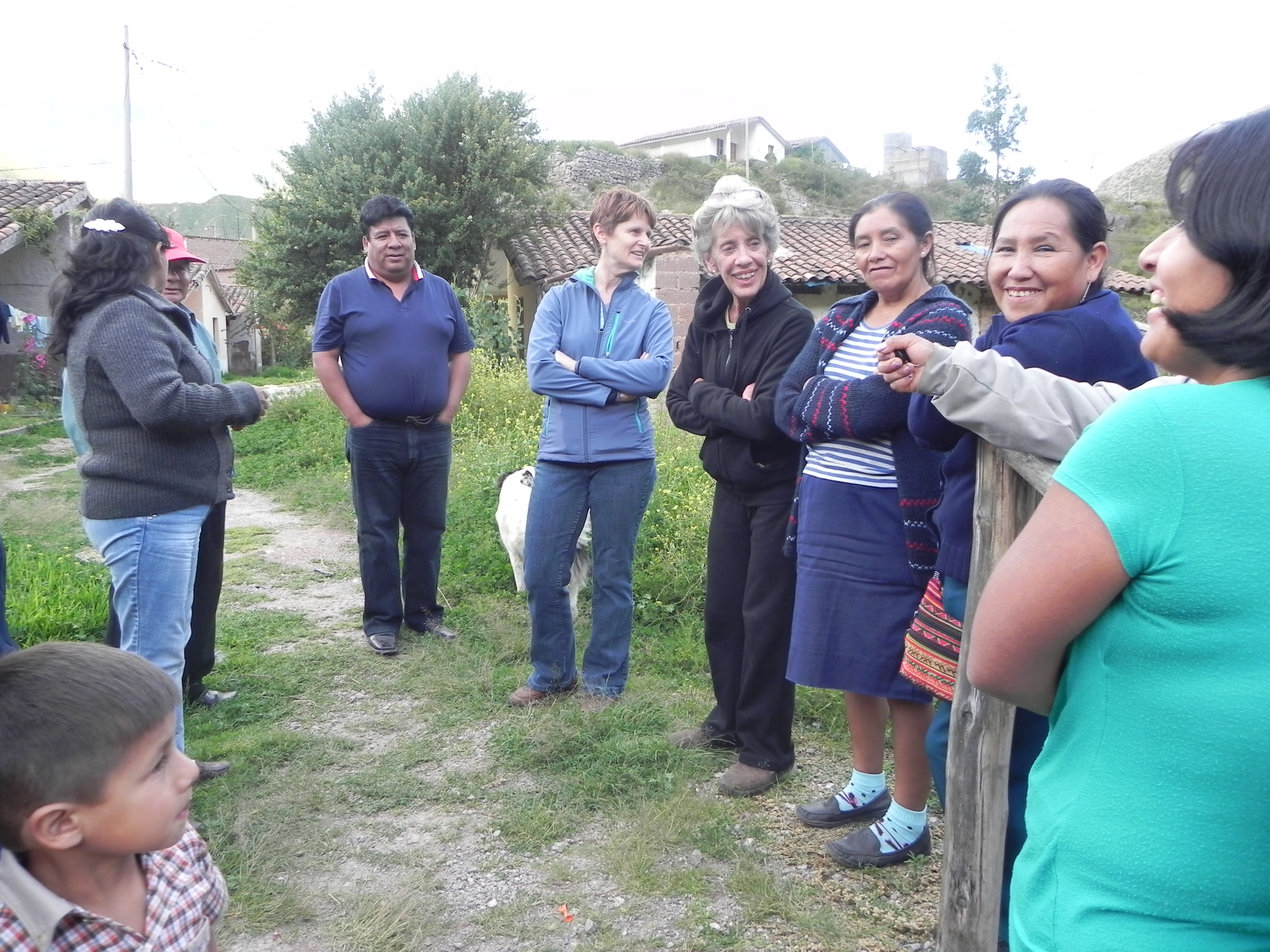The workflow for WEFTA projects is similar in most cases but allows room for innovation and creativity, cultural variations and exchange of ideas. WEFTA commits to communities for the long haul, to provide affordable and sustainable solutions to water problems that will last for years to come. We do require those we help to qualify by filling out applications and by signing off individually to perform their part of the work on the project. However, WEFTA’s paperwork requirements are designed to be much less onerous than those of governmental agencies and even other NGOs. Our volunteers promote respect, pride in ownership and personal relationships to engage communities in the long-term buy-in required to build and maintain a water and/or sanitation system.
Several principles are essential to our work and guide our actions in each phase of our projects:
- All constituents treat each other with respect and dignity.
- An open dialogue exists to promote clarity and new ideas and to air grievances.
- A clear set of expectations for and from each other is established publicly on the side of WEFTA and of the community.
WEFTA only works where we are invited to do so and all of our work is free. Typically, a project flows like this:
Through word of mouth, a community in need of clean water or sanitation hears about WEFTA, often from a neighboring community where WEFTA has worked. This community approaches WEFTA for help using a local leader or the local/regional government as an emissary and presents the issue. Sometimes the community has already prepared a proposal, raised money and gathered or bought materials. Other times, the community simply comes to us with a dire problem and few resources to solve it.
The community leader(s) fill out basic questionnaires (available in the sidebar in Spanish); WEFTA determines whether we can help and the level of the community’s commitment to do its part of the project. If so, a volunteer expert or team of experts visits the community, meets with leaders and assesses the problem and options to solve it.
The WEFTA volunteer reports on his or her assessment, and if the project is feasible, a proposal, budget, list of materials, work plan, etc., are created. The board members of WEFTA vote to approve the project and seek funds from supporters or use funding already on hand.
A WEFTA expert returns to the field, where the beneficiaries become our partners and commit to providing the non-skilled labor and maintenance of the project as well as whatever material and funds they are able to. The WEFTA volunteer provides technical assistance and oversight of the project and ensures that the community has the skills and materials to maintain it.
WEFTA stays in touch with the community—electronically if possible or through return site visits. We continue to provide technical support as long as it is needed or as new problems arise. Many WEFTA volunteers who have worked on multiple projects in Latin America check in on completed projects when they are in the area working on new projects. “Seeing our work continue and communities grow and cooperate in new ways, seeing old friends whose lives are so much better now due to clean water and sanitation—that’s as satisfying as solving the initial problem,” says long-time volunteer and WEFTA Director Lou Harrington.




